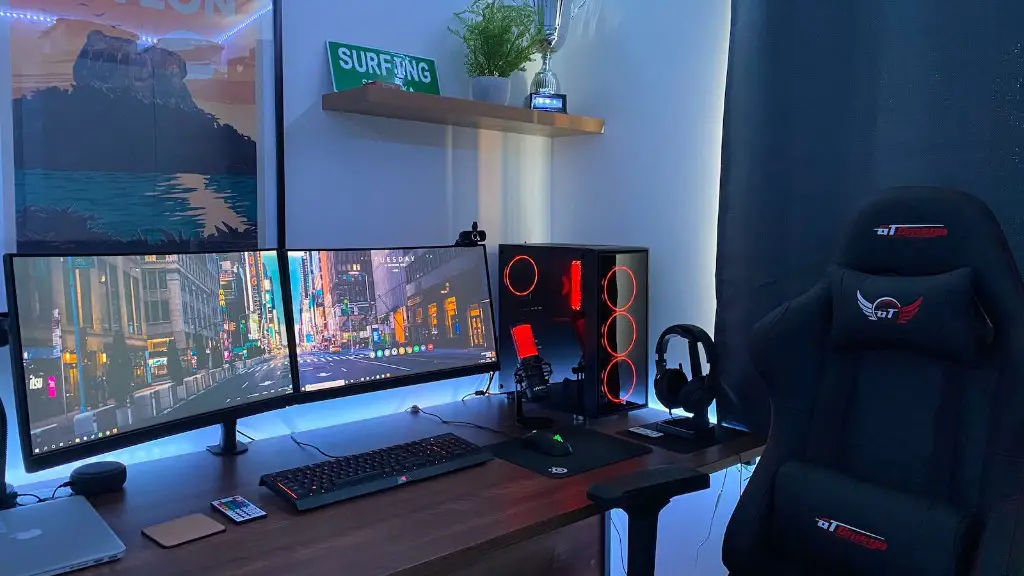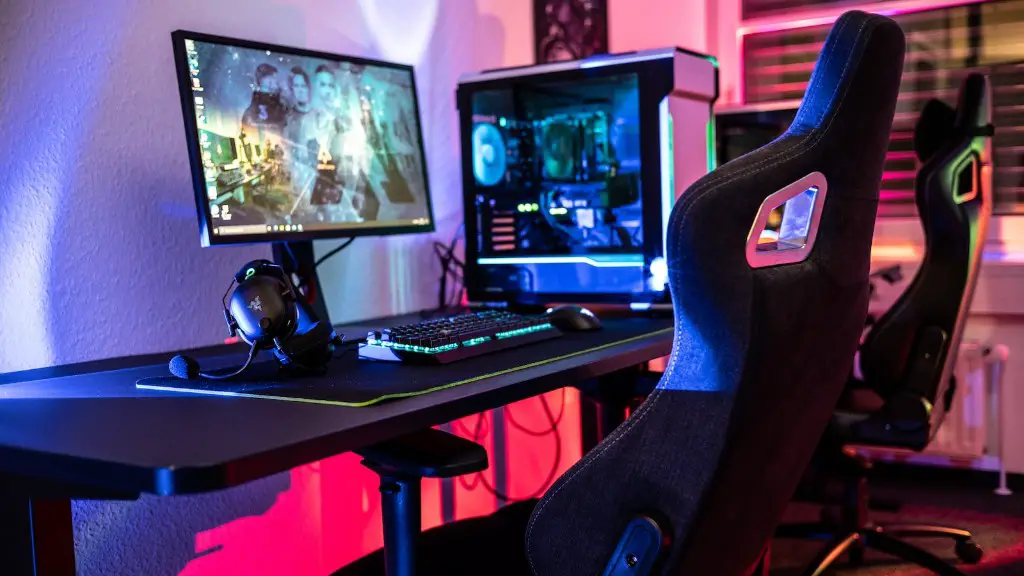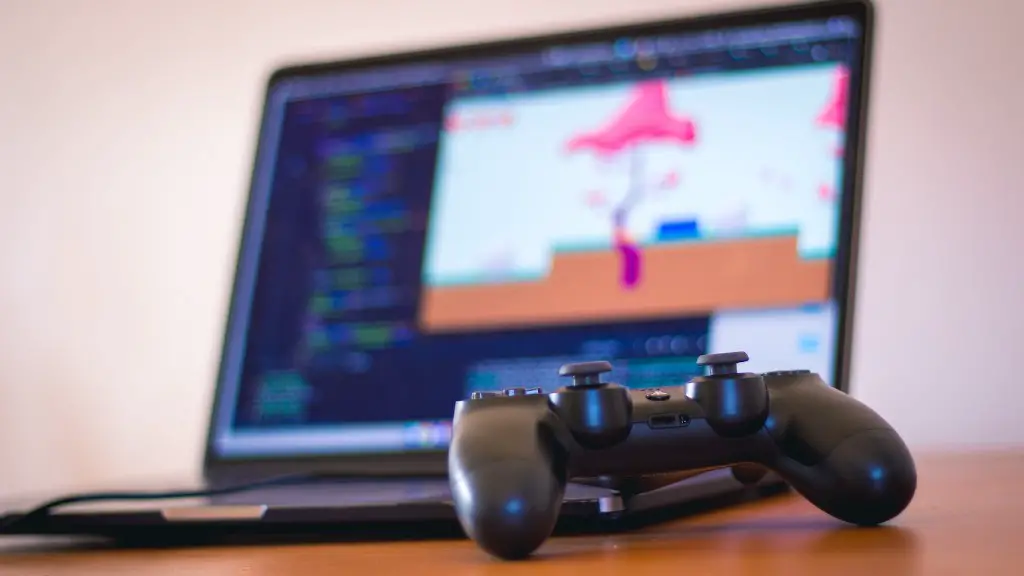Gaming PCs bundle powerful components to get the top speeds and best gaming graphics. Building your own gaming PC can mean customization and savings, but there are some essentials that you’ll need to make sure your gaming PC is optimized for gaming. Below is a list of the components you’ll need to build your own gaming PC.
CPU (Central Processing Unit)
At the heart of any gaming PC is its CPU, also known as the central processing unit. This component is responsible for carrying out instructions of software programs that give you the games you want to play. Investing in a good CPU at the start will ensure your gaming PC has the power it needs to play all your favorite games. The more cores you get, the faster your gaming PC will be, so don’t settle for the least expensive option. You should also look for a CPU with hyper-threading, which allows your CPU to handle multiple tasks simultaneously.
GPU (Graphics Processing Unit)
The second most important component of your gaming PC is its graphics processing unit (GPU). This component is responsible for rendering the images on your screen and providing the graphics for your games. You’ll need to choose a GPU that is powerful enough to handle the games you want to play. Make sure you get one with the right amount of memory and a graphics card with a high-end processor. Remember, if you want your games to look their best, you’ll need to invest in a good GPU.
RAM (Random Access Memory)
You’ll also need random access memory (RAM) to run your gaming PC. RAM helps your gaming PC store and access data quickly. The more RAM your gaming PC has, the faster it can process the data needed to load and run applications, such as games. To get the best gaming performance, you should opt for higher capacity RAM with faster speeds.
Storage Hard Drive
You’ll also need storage for your gaming PC. This can either come in the form of a solid-state drive (SSD) or a hard drive (HDD). SSDs are much faster than HDDs, and they can improve the load times of your games. However, SSDs have lower capacity and cost more, so some gamers opt for HDDs as they offer more storage space for less money.
Motherboard
Your gaming PC will also need a motherboard. The motherboard holds the CPU and other components in place, connecting them to each other and the power supply. Make sure you choose a motherboard that can handle the type of CPU, RAM and GPU you are selecting. You should also look for a motherboard that has plenty of slots for additional components.
Power Supply
Finally, you’ll need a power supply (PSU) to get the power to your gaming PC’s components. Make sure you get a PSU that is big enough to handle all the components you plan to install in your system. You should also look for one that has high efficiency and enough output for both the CPU and GPU.
Case and Cooling System
To complete your gaming PC, you’ll need a case and a cooling system. The best gaming cases offer ample space and plenty of cooling options. Make sure you look for something that is sturdy, contains lots of room for expansion, and can be customised with fans and other cooling solutions. The key is to keep your components cool while ensuring your gaming PC looks great.
Windows Operating System
The last essential component you’ll need for your gaming PC is a Windows operating system. While other operating systems, such as Linux, can be used for gaming, Windows is the most popular. It offers a wide range of gaming options and provides a secure gaming experience.
Keyboard and Mouse
To get the most out of your gaming PC you should invest in a good gaming keyboard and mouse. A good keyboard and mouse will provide precise control over your in-game movements and will help you respond faster while gaming. Gaming keyboards and mice will also be more durable and responsive than regular office-grade equipment.
Gaming Monitor
Finally, you’ll need a gaming monitor to complete the gaming experience. A gaming monitor will give you a larger viewing window, better contrast, and higher refresh rates, making your games look and feel more immersive. There are two main types of gaming monitors available – TN (Twisted Nematic) and IPS (In-Plane Switching) panels. If you’re serious about gaming, then you should opt for an IPS panel for better image quality.
Game Controllers
If you’re playing console-style games, then you’ll need to get a dedicated game controller or joystick. Wired or wireless controllers offer different levels of precision and sophistication, and you should look for one that supports the games you want to play. For some PC games, gaming keyboards and trackballs are also popular controllers.
Headset
A gaming headset is also an essential part of your gaming PC setup. A good headset will provide you with a more immersive gaming experience, allowing you to hear sound effects and conversations clearly. Choose one with cushioned ear pads, adjustable volume, and robust construction so you can enjoy hours of gaming without fatigue.
Networking
If you plan to game online, then you’ll need a decent internet connection. Make sure you have a fast and reliable connection with low latency and no packet loss. Alternatively, if you plan to play with friends online, you’ll need to invest in some kind of gaming router.


